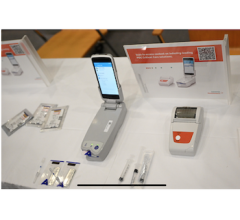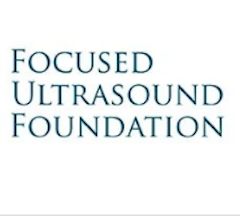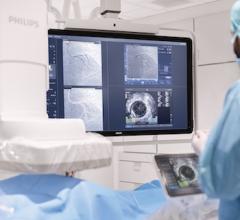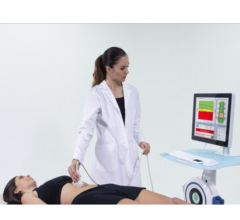
April 9, 2014 — A study with a new ultrasonic scanning technique shows that scanning of the carotid arteries can reveal who is at high risk of being hit by a blood clot. Scanning examines the patient for atherosclerosis, which causes the vast majority of blood clots in the heart, brain or elsewhere in the body
The study "Detection and Impact of Subclinical Coronary and Carotid Atherosclerosis on Cardiovascular Risk Prediction and Reclassification in Asymptomatic U.S. Adults: Insights from the High Risk Plaque Bioimage Study," was presented at the American College of Cardiology (ACC) 2014. Nearly 6,000 apparently healthy Americans participated in the study from 2009 to 2010. The patients received an ultrasound scan of the carotid arteries and computed tomography (CT) scans of the heart. They were then followed to ascertain who got blood clots and other cardiovascular diseases.
Henrik Sillesen, M.D., department of vascular surgery, University Hospital Copenhagen, Denmark, was responsible for conducting and analyzing all cardiac ultrasound scans. He said, "By scanning both carotid arteries and calculating a measure of how much atherosclerosis was present, we could show that those who had much atherosclerosis were three times as likely to develop coronary heart disease in the form of thrombosis, need for heart surgery, etc., as those who had veins without evidence of atherosclerosis. Even those with only moderate amounts of atherosclerosis had more than twice as likely as those with normal veins. "
Ultrasound proved to be just as good as cardiac CT scan, which hitherto has been considered the best method. Since ultrasound equipment is smaller, less expensive, mobile and does not use X-rays, the study suggests this method may be better than CT for the study of healthy people who want to know if they are at risk.
For more information: content.onlinejacc.org/article.aspx?articleid=1856105


 February 05, 2026
February 05, 2026 









